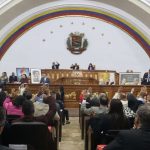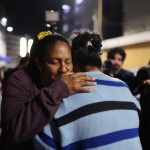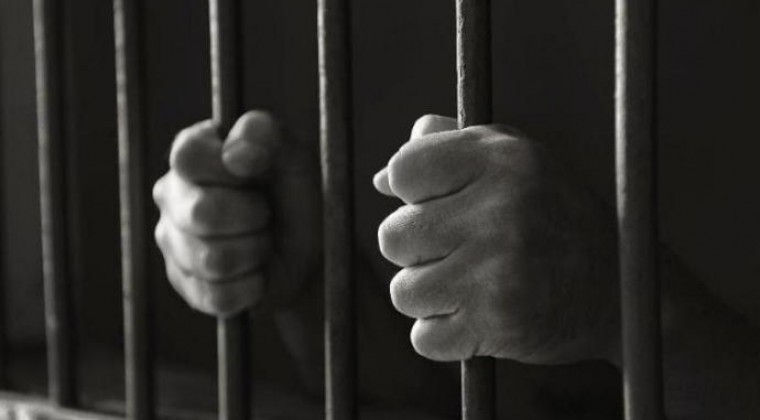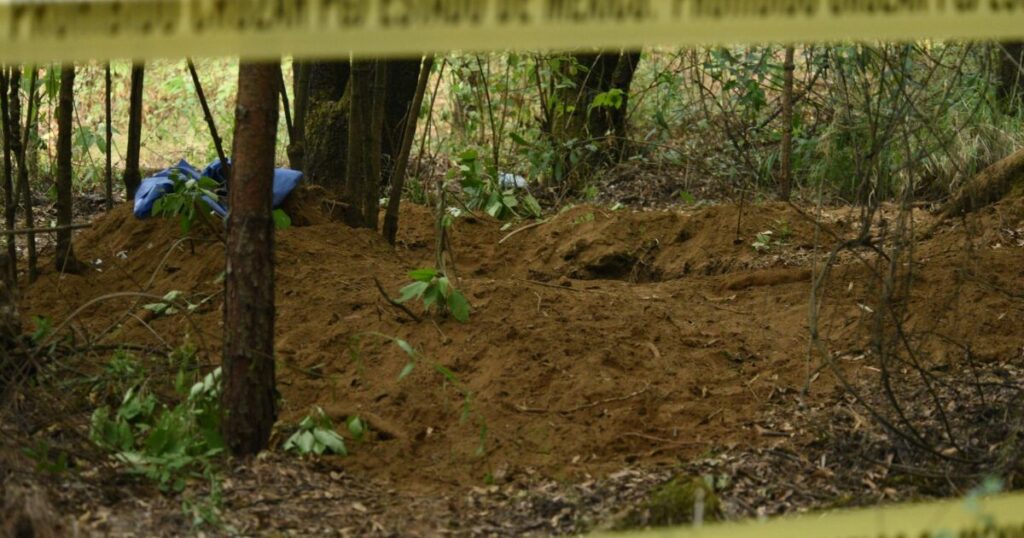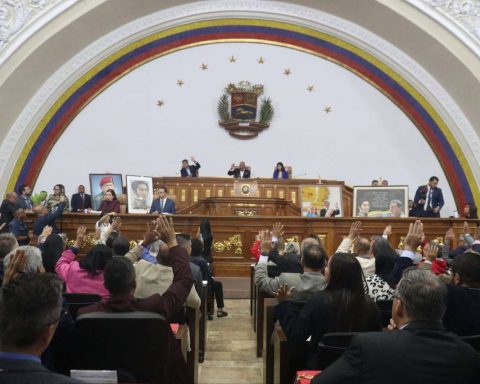The Collective of Former Officials and Former Prosecutors of Nicaragua (CEFF) rejected the measure of the Nicaraguan presidential partner, Daniel Ortega and Rosario Murillo, to exile 222 former political prisoners and strip them of their nationality.
«—The action of the Nicaraguan regime—is accompanied by an illegal penalty such as exile from our homeland, as well as the unconstitutional stripping of Nicaraguan nationality, which makes them stateless and leaves them in a state of vulnerability, especially to the most dispossessed political prisoners who do not have family and economic resources in the United States to face their new reality,” the former state officials warned.
Related news: The “liberation process was illegal”, but the exiled political prisoners are already “safe”, say organizations
They recalled that one of the main human rights recognized by international law is the right of every person to a nationality and not to be arbitrarily deprived of it, “likewise, the principle of progressivity establishes that the legal reforms carried out by a State in its Internal law must be progressive, that is, it must guarantee greater protection, breadth and recognition of rights”.
They also explain that “reforms should not be made that are detrimental to the human rights of citizens, as the Nicaraguan regime does.”
Regarding the constitutional reform approved in the first legislature by the National Assembly, the CEFF indicated that the only objective is to “strip the Nicaraguan citizens of their nationality that the regime of Daniel Ortega and Rosario Murillo considers traitors to the homeland.”
«This constitutional reform is in itself unconstitutional since it contradicts what is established in article 20 of the Constitution that states “that no national can be deprived of their nationality”, it is also contrary to the international agreements signed and ratified by Nicaragua, which they are positive and current law as established in article 46 of the Constitution, which gives them a category of constitutional legal regulations, “they explain.
“There are more political prisoners in Nicaragua”
On the other hand, the former officials said that despite the fact that more than 80 percent of the political hostages were released, there are still other groups of captive opponents in the different prisons in Nicaragua.
They highlighted that one of Ortega’s political prisoners is Monsignor Rolando José Álvarez Lagos, bishop of the Diocese of Matagalpa, recently sentenced to 26 years in prison, and who, according to former officials, is a “martyr for the Catholic Church of Nicaragua.”
Related news: This is the list of political prisoners exiled by the dictatorship of Daniel Ortega
“We must continue to demand the full, total, absolute and unconditional release of each of these political prisoners, including those who are not on the recognized lists of political prisoners, respecting their natural and constitutional right to remain in our territory, without exile. , because in practice, it also constitutes an illegal sentence, “they urged.
“Human rights violations are on the list of exiles”
Regarding the list of the 222 ex-political exiles, the Collective of Former Officials and Former Prosecutors of Nicaragua pointed out that the Nicaraguan regime included militants and former officials of the Ortega administration, such as Marlon Gerardo Saenz Cruz known as “Chinese Enoch”, Hans Camacho Chevez, former judicial official, Roberto Jose Larios Melendez, former spokesman of the Supreme Court of Justice, Moisés Abraham Astorga Sáenz and María José Camacho Chévez, advisors to the President of the Supreme Court of Justice, Alba Luz Ramos.
Related news: Who are the five Ortega militants that the regime confined “to live in the empire”?
In view of this action, they indicate that “these citizens participated directly and indirectly as perpetrators of serious violations of the human rights of Nicaraguans”, for which they urge the government of the United States and Nicaraguan citizens “to promote processes of surrender of accounts”.

They assure that if former Sandinista officials and militants are not held accountable, it would be sending “an erroneous message that these citizens have the same status as victims and political prisoners of those released on February 9, 2023 and others released previously who They have been victims of sieges, threats, illegal detentions, which in a large number of cases have been forced into exile.
“This exhortation is for justice to be done and impunity is not generated, since impunity, according to our historical experience, promotes the cyclical repetition of acts of violence in our country that are resolved through pacts and political compromises that do not they cannot and should not exist in the new Nicaragua,” they concluded.








